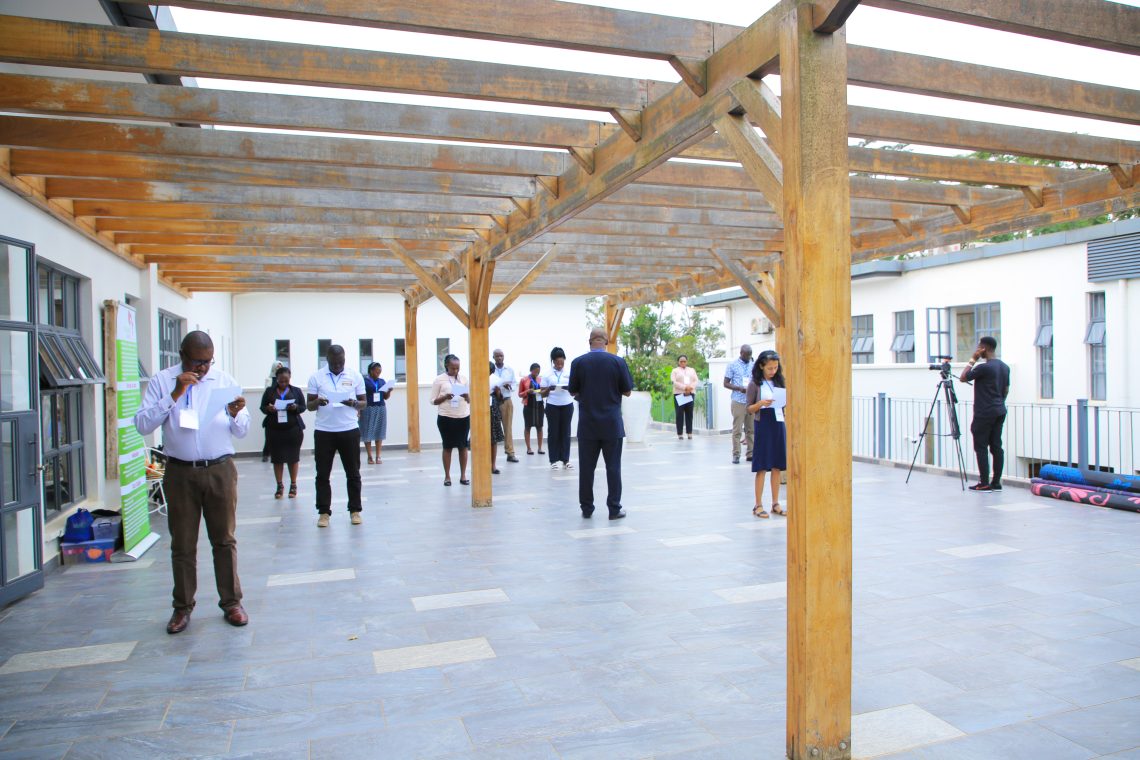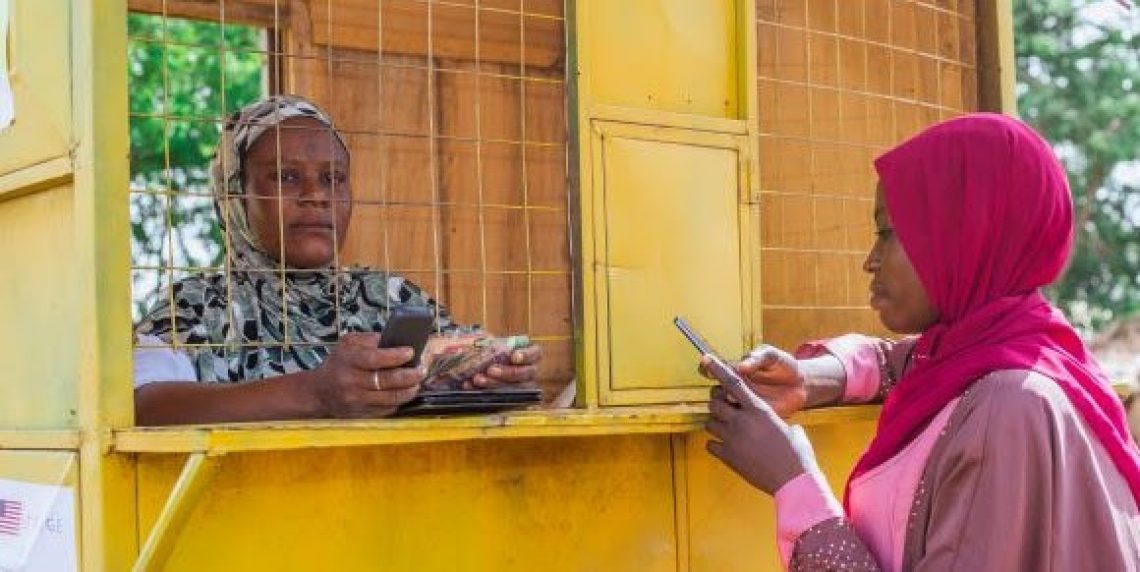Make your 2X MATCHED gift today!
This week only: Every $1 will be matched with $2 to enable women worldwide.
This week only: Every $1 will be matched with $2 to enable women worldwide.
Posted on 06/13/2024
In blogs 1 and 2 and 3 in this series on financial abuse, we announced Program SAFE, described the possible prevalence for financial abuse and some of Grameen’s early experiences studying financial abuse in Honduras, and proposed practical steps financial service providers (FSPs) can take to address financial abuse.
Our work is often complicated and nuanced and requires targeted and holistic approaches to enable long-term change for women. Over time, we’ve gained an increased awareness of how deeply entrenched some harmful norms extend and impact our work. In this blog, we’ve invited Alfred Yeboah, Global Programs Director, and Amelia Kuklewicz, Vice President of Programs, to share Grameen’s experiences in addressing entrenched and harmful gender norms at the FSP level as a precursor for any work addressing financial abuse.
Gather around and let us tell you a difficult story. As part of the Women and Girls Empowered (WAGE) Initiative, Grameen Foundation participated in a 5-year program designed to integrate women’s economic empowerment (WEE) into gender-based violence (GBV) mitigation programming. We tested different approaches across seven countries (Honduras, El Salvador, Eswatini, Ghana, Timor Leste, Sri Lanka) which also meant not all approaches were tested in all countries in the same way. One of the approaches, called the Exploring Power Dynamics (EPD) engagement initiative, was designed to introduce the concept of gender norms--particularly, harmful gender norms-- to FSPs using innovative learning techniques which targeted people’s own experiences with power. This methodology was highly successful with FSPs in a project Central America and was first implemented with FSP management and then cascaded to all frontline staff who would be training staff on GBV topics later in the project.

In another project under WAGE, engaging frontline staff in EPD was not originally part of the project plan. However, given the experience in Central America, we felt it necessary to engage the management with the assumption that their experiences would trickle down into frontline staff attitudes and behaviors.
Eventually, their frontline staff were trained to cascade a GBV training to female mobile money agents to become sources for GBV information and local support services. Mobile money agents typically provide digital financial services (DFS) and extend these services into the most remote communities and to community members who cannot conduct their own transactions due to lack of appropriate mobile phones, lack of confidence or other barriers.
When the mobile money agents were being trained on how to provide crucial GBV information and services for anyone experiencing GBV, a few members of the frontline staff shared some of their own personal views on situations in which they felt GBV was justified, which completely contradicted the training content itself. Luckily, a Grameen Foundation trainer was there and quickly halted the training. In fact, all trainings across all of our participating partners were halted. The risk was too great to continue if those leading the trainings held opposing opinions to the proposed content.
It became clear that the frontline staff--not just the management--in this project also needed EPD to change their own attitudes about GBV prior to conducting any trainings on the topic. This took another one to two months before the GBV trainings could continue, but it was necessary. While we may have assessed this initial launch of the GBV training as a failure, we quickly diagnosed the problem, and iterated the project design to include the EPD workshop for all frontline staff. This project also strengthened our belief about the importance of changing frontline staff’s attitudes and raising their awareness about their unconscious biases prior to assuming they are ready to address harmful gender norms among their clients and their spouses.

This experience reinforced an important lesson when attempting to change social norms at the client level: you first have to start at the FSP level. FSP management and frontline staff carry their own biases--most often unconscious biases--towards the people they serve but also towards their own colleagues. This can perpetuate harmful gender norms throughout, from limiting women’s opportunities for advancement within an FSP or even being hired as frontline workers directly serving financial clients and exposing female staff to sexual harassment to limiting a low-income client’s access to credit if a frontline worker does not perceive her as worthy. While addressing GBV broadly may appear to be a necessary case for using EPD as a methodology, addressing harmful gender norms can impact all facets of how FSPs do business.
For this reason, Grameen sees the use of norm-changing tools such as the EPD workshop as foundational for work in financial abuse. You can’t see a problem clearly if you do not know how to look for it. Financial abuse is about power. To address financial abuse, you have to reconfigure power first at the FSP-level before addressing it at the client-level.
Read more on Grameen’s EPD methodology and its impact, see an example curriculum developed for WAGE, or contact Grameen for more information.
In our next blog, we’ll talk more about some preliminary safety principles of design we should keep in mind when thinking about how we approach responding to the risk of financial abuse.